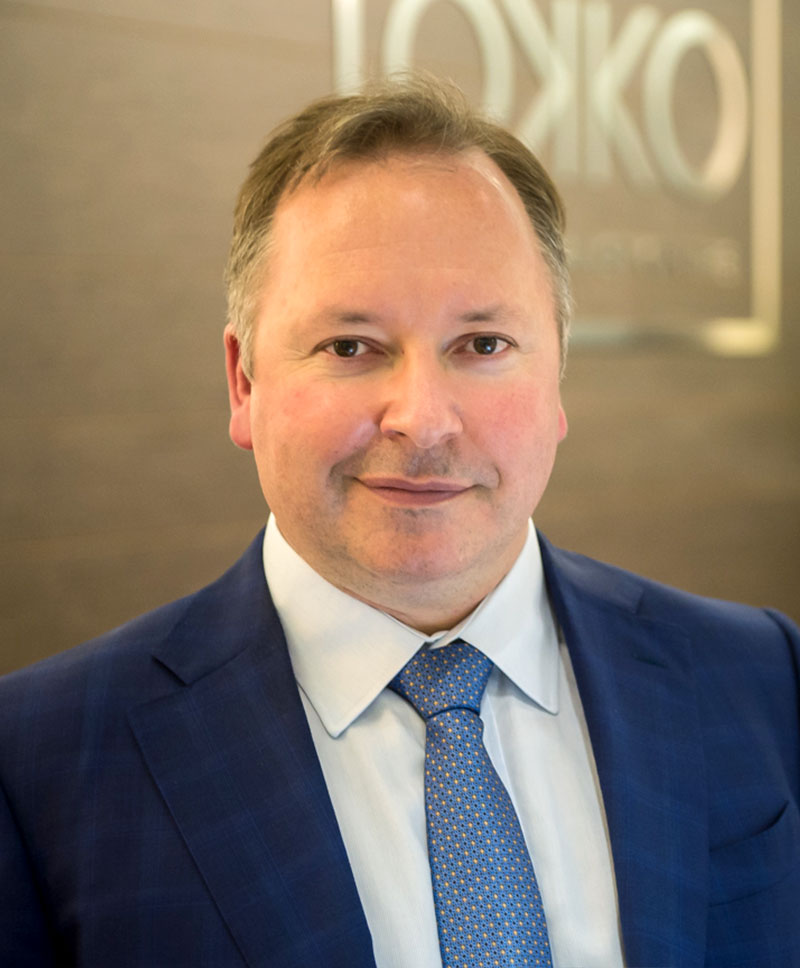Does no flap laser eye surgery exist?
When it comes to correcting vision, the evolution of laser eye surgery has been nothing short of revolutionary. Among the various types of procedures, there’s growing curiosity around “flapless laser eye surgery.”
Flapless eye surgery does exist and there are two known types: surface procedures, i.e. PRK and TransPRK, and lenticule extraction procedures, i.e. SmartSight. This term often brings up questions regarding its existence, benefits, and how it compares to traditional methods like LASIK, which involves creating a thin flap in the cornea. In this blog, we delve into the realm of flapless laser eye surgery, what it entails, and why it might be an attractive option for certain individuals.
Understanding Flapless Laser Eye Surgery
Flapless laser eye surgery refers to a type of refractive surgery that corrects vision without creating a corneal flap. The most well-known flapless procedure is called “Small Incision Lenticule Extraction” SMILE or SmartSight. Unlike LASIK, SMILE and other flapless procedures do not involve cutting a thin flap in the cornea. Instead, they reshape the cornea through a small incision, using advanced laser technology.
How Does It Work?
SMILE and other flapless procedures use a femtosecond laser to create a tiny lenticule (a small piece of corneal tissue) within the cornea, which is then removed through a small incision. By removing this lenticule, the cornea’s shape is altered, correcting vision issues such as myopia (nearsightedness) and astigmatism.
Benefits of Flapless Laser Eye Surgery
Flapless laser eye surgery offers several benefits over traditional flap-based procedures:
- Reduced Dry Eye Symptoms: Since no flap is created, there is less disruption to the cornea’s surface, which can reduce the risk of dry eye symptoms post-surgery.
- Increased Structural Integrity: Without a flap, the cornea maintains more of its structural integrity, potentially reducing the risk of complications related to corneal strength.
- Minimal Recovery Time: Recovery from flapless surgery is often quicker and less uncomfortable, allowing patients to return to their daily activities sooner.
Is Flapless Laser Eye Surgery Right for You?
While flapless laser eye surgery offers numerous benefits, it’s not suitable for everyone. The best candidates for procedures like SMILE are those with myopia and astigmatism, who prefer a less invasive option or have concerns about dry eyes or corneal thickness that make them less suitable for LASIK.
However, the suitability for flapless laser eye surgery depends on individual eye characteristics and overall health. That’s why a comprehensive assessment by a qualified eye care professional is essential.
Comparing Flapless and Traditional Laser Eye Surgery
When comparing flapless to traditional laser eye surgeries like LASIK, it’s crucial to consider the specific needs and conditions of your eyes. LASIK has a long history of success and can correct a broader range of vision issues, including higher degrees of hyperopia (farsightedness). Flapless surgery, on the other hand, offers a less invasive approach with a potentially lower risk of certain complications, making it an appealing alternative for some patients.
The Future of Flapless Laser Eye Surgery
The field of refractive surgery is continually evolving, with advancements in technology enhancing the safety, efficiency, and outcomes of procedures. Flapless laser eye surgery represents a significant leap forward in this evolution, offering patients a minimally invasive option with excellent results. As research and technology advance, it’s likely that flapless procedures will become available to a broader range of patients, further transforming the landscape of vision correction surgery.
Are you considering laser eye surgery but unsure which option is best for you? Flapless laser eye surgery might be the innovative solution you’re looking for. To determine your suitability for this state-of-the-art procedure, we invite you to schedule a free assessment with our expert team. During your consultation, we’ll evaluate your vision, discuss your options, and help you make an informed decision about your eye care. Don’t let vision problems hold you back any longer. Schedule your free assessment today and take the first step towards clear vision and improved quality of life.
In conclusion, flapless laser eye surgery exists and offers a viable, less invasive alternative to traditional laser eye procedures. With benefits such as reduced dry eye symptoms, increased corneal integrity, and minimal recovery time, it represents a significant advancement in the field of refractive surgery. By consulting with us, you can determine if flapless laser eye surgery is the right choice for your vision correction needs.

Hi, I’m Dr. Matthew Russell, a laser and cataract surgeon
HI I’M DR. MATTHEW RUSSELL A LASER EYE AND CATARACT SURGEON
With over 15 years of experience, I enjoy the privilege of helping patients of all ages reclaim clear vision or preserve it for as long as possible.
Vision correction and high-precision cataract surgery hinge on the expertise and skill set of the provider who also has access to the most precise tools for the job. Ophthalmic surgeons like me know how to make treatment safe, comfortable and positive for the patient. They know how to minimise the risk of complications and maximise successful outcomes.
I have a passion for helping my patients enjoy the clear, high-definition vision they need to live rich and active lives. Now, I have hand-picked a team of professionals that share my passion and commitment to exceptional care.
Dr. Matthew Russell
MBChB, FRANZCO





